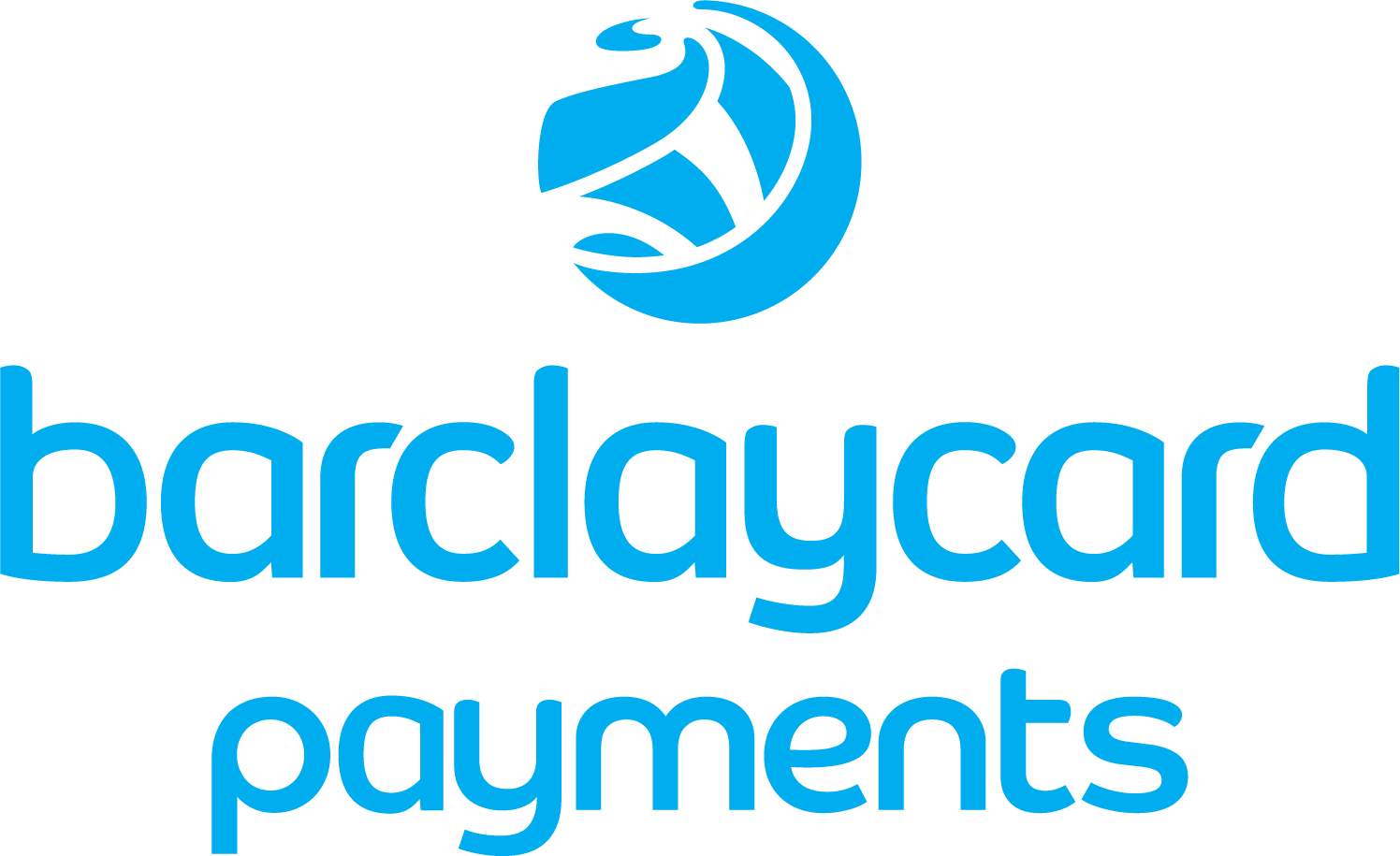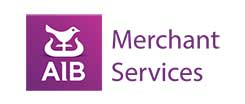- Accept card payments – lowest rates from 0.27%
- Keep your card processing fees to a minimum
- Direct access to the UK’s leading card processing banks
- We ensure your rates always remain competitive
No spam emails or calls
Choose from the payment methods then click Next
What's your turnover each month?
Enter the name of your company
Enter your company's postcode and contact number






Top Payment Gateways for Ecommerce: Choose the Best for Your Business
In today’s digital-first economy, selecting the right payment gateway is crucial for any ecommerce store looking to accept payments securely and efficiently. A payment gateway provider facilitates online transactions, ensuring that payment details are processed safely between the customer and the merchant.
With so many payment solutions available, choosing the best payment gateway for your online business can be overwhelming. This guide explores the top payment gateways for ecommerce, their features, payment processing fees, and how they support various payment methods, including credit card payments, PayPal payments, bank transfers, and alternative payment methods like Apple Pay and ACH Direct Debit.
What Is a Payment Gateway?
A payment gateway acts as a bridge between your ecommerce platform and the payment processor, securely transmitting payment information from the customer to the merchant’s bank account. It ensures that credit card details and other payment data are encrypted payment information, protecting against fraud.
How Payment Gateways Work
- Customer Checkout – The buyer enters their payment details on the checkout page or hosted payment page.
- Payment Gateway Encrypts Data – The payment gateway receives and encrypts the payment form details.
- Authorization Request – The payment processor sends the transaction to the customer’s bank.
- Approval or Decline – The bank confirms if funds are available and approves or declines the transaction.
- Completion – If approved, funds are transferred to the merchant’s dedicated merchant account.
Key Features to Look for in a Payment Gateway
When selecting a payment platform, consider:
- Accepted Payment Methods – Does it support credit and debit cards, PayPal account, Apple Pay, mobile payments, and local payment methods?
- Payment Processing Fees – Understand transaction fees, fixed transaction fees, monthly fees, and fixed processing fee structures.
- Security – A secure payment gateway should comply with PCI DSS standards.
- Integration – Does it work with your ecommerce platform or own website?
- Recurring Payments – Essential for subscriptions.
- International Payments – Supports multiple currencies and popular payment methods worldwide.
- Checkout Experience – Offers a smooth payment page to reduce cart abandonment.
Top Payment Gateways for Ecommerce
1. PayPal
One of the most popular payment methods, PayPal allows customers to pay via PayPal account, credit card, or bank transfers.
✅ Pros:
- Supports PayPal payments and credit card processing without requiring a PayPal account.
- Low payment processing fees for small businesses.
- Trusted brand, increasing buyer confidence.
❌ Cons:
- Higher transaction fees compared to some competitors.
- Can hold funds for new sellers.
Best for: Small businesses and freelancers needing a quick setup.
2. Stripe
A developer-friendly online payment gateway, Stripe supports card payments, Apple Pay, Google Pay, and ACH Direct Debit.
✅ Pros:
- Highly customizable payment form and checkout page.
- Supports recurring payments and international payments.
- Transparent payment processing fees.
❌ Cons:
- Requires technical knowledge for advanced integrations.
- No phone payments support.
Best for: Tech-savvy businesses selling online globally.
3. Square
Ideal for in-person payments and online transactions, Square offers a payment terminal and online payment gateway.
✅ Pros:
- Simple flat-rate fixed transaction fees.
- Integrates with ecommerce platforms like WooCommerce.
- Supports mobile payments and contactless payments.
❌ Cons:
- Limited international payments support.
- Higher fees for keyed-in transactions.
Best for: Retailers needing both online and offline payment systems.
4. Adyen
A global payment gateway provider, Adyen supports 250+ payment methods, including local payment methods and alternative payment methods.
✅ Pros:
- Unified commerce for online store, mobile, and in-store.
- Competitive payment processing fees.
- Advanced fraud prevention.
❌ Cons:
- Not as beginner-friendly.
- Minimum monthly volume requirements.
Best for: Large enterprises processing high-volume online transactions.
5. Worldpay
A leading payment processor in the UK, Worldpay supports credit and debit cards, direct debit, and bank transfers.
✅ Pros:
- Strong merchant account services.
- Supports phone payments and recurring payments.
- Robust fraud detection.
❌ Cons:
- Long-term contracts.
- Higher monthly fees.
Best for: Established UK businesses needing a reliable payment gateway.
Alternative Payment Methods to Consider
Beyond credit card payments, modern customers prefer:
- Digital Wallets (Apple Pay, Google Pay)
- Bank Transfers (Faster Payments, SEPA)
- Buy Now, Pay Later (Klarna, Clearpay)
- Cryptocurrency Payments (Bitcoin, Ethereum)
Payment Gateway Fees Explained
Most payment gateways charge:
- Transaction Fees – A percentage of each sale (e.g., 1.4% + 20p).
- Monthly Fees – Subscription costs for premium features.
- Fixed Processing Fees – Flat-rate charges per transaction.
- Chargeback Fees – Penalties for disputed transactions.
Compare payment processing fees to find the most cost-effective solution.
How to Choose the Right Payment Gateway
- Understand Your Business Needs – Do you need recurring payments or international payments?
- Check Compatibility – Ensure it integrates with your ecommerce platform.
- Compare Fees – Look at payment processing fees, monthly fees, and fixed transaction fees.
- Security & Compliance – Ensure PCI DSS compliance.
- Customer Experience – A smooth checkout page reduces cart abandonment.
Selecting the best payment gateway depends on your business model, transaction volume, and preferred payment method. Whether you need PayPal payments, credit card processing, or alternative payment methods, there’s a payment solution for every online business.
By evaluating payment systems based on fees, security, and ease of use, you can find the right payment gateway to help your ecommerce store thrive.
FAQs
Q: What is the difference between a payment gateway and a payment processor?
A: A payment gateway transmits payment data, while a payment processor handles the transaction between banks.
Q: Can I use multiple payment gateways?
A: Yes, offering various payment methods can improve conversion rates.
Q: Which is the cheapest payment gateway?
A: Stripe and PayPal offer competitive payment processing fees, but costs vary by transaction volume.
Q: How do I ensure secure payments?
A: Use a secure payment gateway with PCI compliance and fraud detection tools.
By choosing the right payment platform, you can streamline online transactions, enhance customer trust, and grow your ecommerce business efficiently.